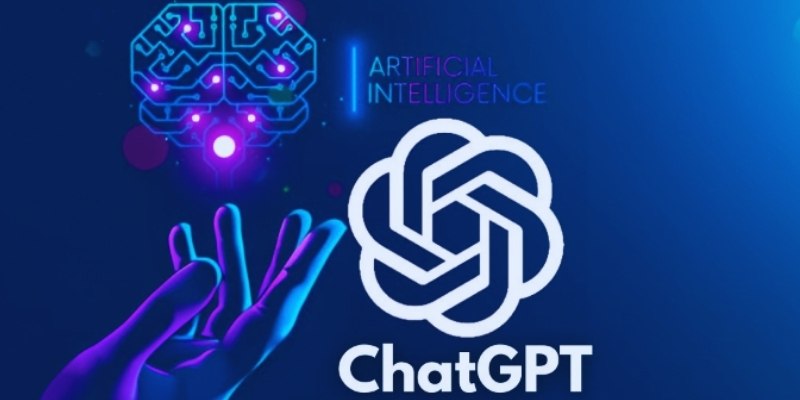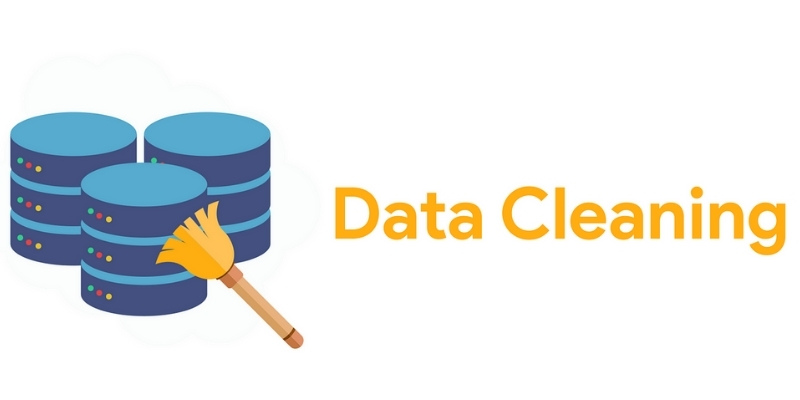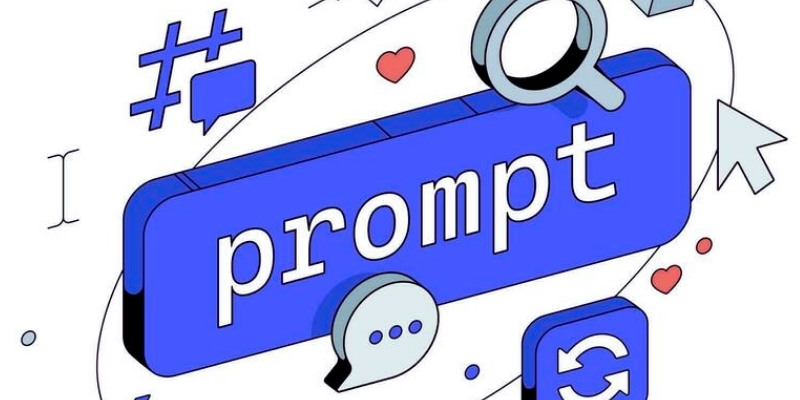Modern companies must always provide interesting material to remain competitive. AI is altering how businesses produce content, speeding up and improving the process. These days, many companies employ artificial intelligence to create films, blog entries, and marketing collateral. AI lets companies save time, cut expenses, and raise the caliber of their materials. It also customizes material to fit consumer interests.
AI even improves SEO, enabling companies to show better on search engines. Businesses using artificial intelligence can produce excellent material without a large staff. This technology is revolutionizing content development and marketing. These are eight ways businesses are using artificial intelligence for 2025 content development. Let's investigate how artificial intelligence will shape digital material in the future!

8 ways real businesses are using AI for content creation
Here are the key ways businesses use AI to streamline content creation, improve efficiency, and enhance audience engagement in 2025:
AI-Generated Blog Posts
Companies employ artificial intelligence to create fast and effective blog entries. AI tools examine industry trends, popular subjects, and search engine results to produce interesting material. These tools are useful for SEO since they produce well-organized papers with pertinent keywords. Without assembling sizable content teams, artificial intelligence-powered writing assistants enable businesses to keep a regular publishing schedule. Many businesses create first copies of articles using artificial intelligence, which human authors polish. This mechanism guarantees correctness and accelerates content creation. AI tools also enable ideas generation, rewriting current material, and summarizing lengthy reports.
Automated Video Creation
Making professional videos requires both costly tools and knowledgeable editors. These days, AI-powered video-making technologies speed up and reasonably cost the process. Using artificial intelligence, companies make animations, add voices, and write video screenplays. Automatically adding effects, changing lighting, and improving images, AI-based video editors AI lets businesses create videos from blog entries or consumer reviews. These technologies gather important data and show it in an aesthetically pleasing manner. Without a professional production staff, artificial intelligence-powered video creation enables companies to create material for YouTube, social media, and commercials.
AI-Powered Social Media Posts
Dealing with social media channels calls for ongoing content generation and participation. Artificial intelligence algorithms enable companies to create hashtags, captions, and whole postings within seconds. These technologies advise the optimal content strategy by analyzing audience behavior, prior engagement, and popular themes. Platforms driven by artificial intelligence plan and publish posts at ideal times for best access. They also assist companies A/B in testing several content styles to see which appeals more to their target market. Social media material produced by artificial intelligence guarantees consistency and raises brand recognition.

Personalized Email Marketing
By being more efficient and tailored, artificial intelligence has changed email marketing. Artificial intelligence algorithms examine consumer behavior, purchase history, and preferences to create focused emails. Companies segment their audience using artificial intelligence and send tailored messages depending on user behaviors. Email marketing systems driven by artificial intelligence maximize subject lines, forecast the optimal sending times, and raise open rates. They also create interesting email copy catered to particular client requirements. Email marketing runs automatically and is led by artificial intelligence, enabling companies to maintain client relationships, boost conversions, and generate prospects. AI also picks trends in consumer replies, changing email content to improve interaction.
SEO Optimization and Content Enhancement
The success of digital marketing depends on search engine optimization (SEO). AI enables companies to enhance their material to get higher search engine results. AI technologies use keywords, readability, and structure to ensure the material satisfies SEO's best standards. AI-driven SEO tools advise keyword placements, internal linking techniques, and content length for improved ranking. Companies update outdated material using artificial intelligence, increasing its relevance and competitiveness. AI also helps create title tags, alt texts, and meta descriptions, enhancing search exposure. Optimization of voice search is another benefit of artificial intelligence for SEO.
AI-Generated Product Descriptions
Product descriptions are how e-commerce companies guide consumers and boost sales. Unique descriptions for thousands of products take time to write. AI generates accurate and convincing descriptions quickly to complete this process automatically. Artificial intelligence technologies examine rival listings, consumer evaluations, and product attributes to produce thorough descriptions. These descriptions incorporate pertinent keywords, basic characteristics, and benefits for improved search exposure. AI guarantees consistency in product listings, thereby enhancing brand dependability. Companies that create AI-generated descriptions can quickly change their web catalogs.
AI-Powered Chatbots for Content Assistance
Chatbots driven by artificial intelligence offer consumers fast content and assistance. AI chatbots help companies with navigation, product recommendations, and FAQ answers. Natural language processing allows these chatbots to create responses akin to human nature. AI chatbots offer 24/7 support, hence enhancing the consumer experience. Through tailored information delivery, they lower reaction times and improve engagement. Companies include chatbots in messaging systems, applications, and websites to enable consumers in real time. Artificial intelligence chatbots also examine consumer interactions to improve their responses. User searches teach them, and they change to offer improved support over time.
AI-Assisted Graphic Design
Marketing and branding depend on well-created visuals. Artificial intelligence-powered design tools enable companies to create professional images without seeking graphic design knowledge. Artificial intelligence can produce logos, banners, social media graphics, and marketing materials in minutes. Based on brand identification, AI design tools provide color palettes, fonts, and layouts. They also let companies create several variations of designs and personalized templates. It keeps visual attractiveness while accelerating content development. Platforms driven by artificial intelligence provide smart scaling for many platforms, image improvement, and automatic background removal. By cutting the demand for skilled designers, companies save money and time.
Conclusion:
Artificial intelligence is revolutionizing content production by becoming faster, more efficient, and less expensive. Artificial intelligence is used by companies to easily create blog entries, videos, social media content, emails, SEO-friendly articles, product descriptions, graphics design tools, and AI-powered chatbots, which improve customer involvement and branding even further. These solutions cut workload and enable businesses to keep a consistent content strategy. AI customizes material as well, therefore enhancing audience involvement and conversion rates. As it develops, companies will discover more ways to use artificial intelligence for improved marketing and content creation.











